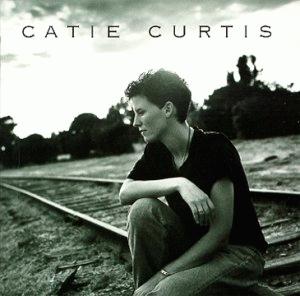
| Artist: | Catie Curtis |
| Title: | Catie Curtis |
| Released: | 1997.10.07 |
| Label: | Rykodisc |
| Time: | 46:11 |
| Producer(s): | Roy Bittan |
| Appears with: | |
| Category: | Pop/Rock |
| Rating: | ********.. (8/10) |
| Media type: | CD |
| Purchase date: | 2002.11.14 |
| Price in €: | 11,99 |
| Web address: | www.catiecurtis.com |